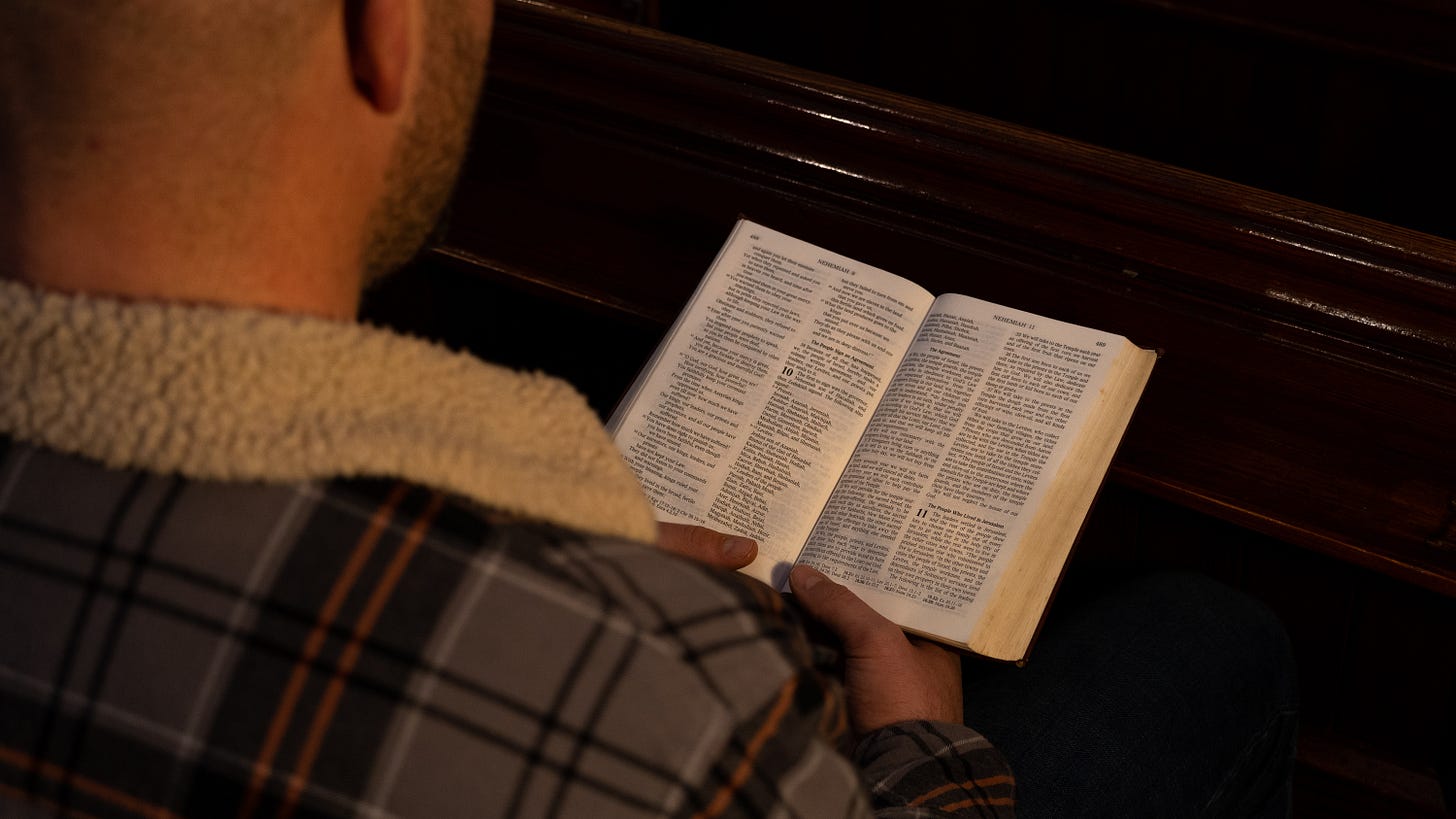What it means to preach God-centered and Bible-centered sermons.
Carl R. Trueman’s unflagging stress on “the centrality of Christ in the Bible.”

Even though there are several books still on my shelf that I have yet to finish, there has been one that has been nagging me to crack it open ever since I received it in the mail. It’s Carl R. Trueman’s Reformation: Yesterday, Today, and Tomorrow, which is, essentially, an edited series of lectures on the contemporary evaluation, legacy, and application of Reformation doctrine. You see, I have a soft spot for reading the ins and outs of Reformation history. I am fascinated by all spheres of influence which culminated in what we now know as the Protestant Reformation, and, even more so, by the fact that we are still unearthing and imbibing the scriptural writings of the Reformers. The resonance of Reformation doctrine won’t soon be dried up. And that’s not because the Reformers were somehow executing “divinely inspired” work. Rather, it’s because they were standing on the truth of God the Father as made known in his only begotten Son and his Holy Word. Indeed, if we today wish to avoid having our efforts for the kingdom go down the drain, we’d do well to emulate the Reformers’ dogged defense of Scripture alone.
Consequently, in the following excerpt, Trueman gets to the heart of what’s plaguing the modern church — namely, the conviction (or lack thereof) to preach Christ-centered sermons. To be sure, “Christ-centered” is a modifier that’s attached to an abundance of ministerial endeavors and missions, approaches, and methodologies. Yet, I wonder, as Trueman does, if those who ascribe to these projects ever sit down to consider what it means to truly be “Christ-centered.” I’d wager they haven’t, which is why there is so much confusion on the church’s nature, responsibilities, and calling. Again, the present-day church is in dire need of recovering what the Reformers recovered: an unflagging stress on “the centrality of Christ in the Bible.” I’ll let Trueman take it from here:
To be truly Christ-centred, all aspects of our Christian life, from corporate worship to private devotions to the everyday Christian walk, must terminate on Christ. Too often today churches with a high view of Scripture and of the preaching ministry actually tolerate sermons which, while being very faithful in a sense to the text, never mention Christ. Yet if the Reformers’ claim that Christ is the centre of the Bible and that the whole Bible tells one story, that of God’s grace in Christ, then no sermon worthy of the name Christian can possibly omit speaking of Christ, wherever the chosen text may be taken from, Old or New Testament. God-centred sermons must by definition be Christ-centred sermons if they are to contain even a drop of grace. Worship songs and prayers should be the same, focusing not on ourselves or our needs, however important they may be, but in Christ . . .
Let us remember that a Bible-centred church is not necessarily the same as a Christ-centred church. There isn’t a ‘Christian’ cult or liberal church in the world, after all, which would not claim to be Bible-centred: it is only as the Bible is understood and applied in terms of its centre, Christ, that the two things, Bible-centredness and Christ-centredness, become one. Let us make sure that pure desire to stress the centrality of the Bible is also matched by a desire to stress the centrality of Christ in the Bible. (26–28)
Preaching Christ-centered sermons inherently means you are inundated with a God-centered approach to the Bible and a Bible-centered approach to God himself. And, as Trueman explains, being Bible-centered and God-centered necessarily means being Christ-centered, as he is the Word made flesh and the fullness of the Godhead in the form of man. May we never settle for less in our sermons. May church leaders and churchgoers be reinvigorated by Scripture alone to find their one true hope in Christ alone in all these days ahead.
Grace and peace, friends.
Works cited:
Carl R. Trueman, Reformation: Yesterday, Today and Tomorrow (Ross-shire, Scotland: Christian Focus, 2000).


